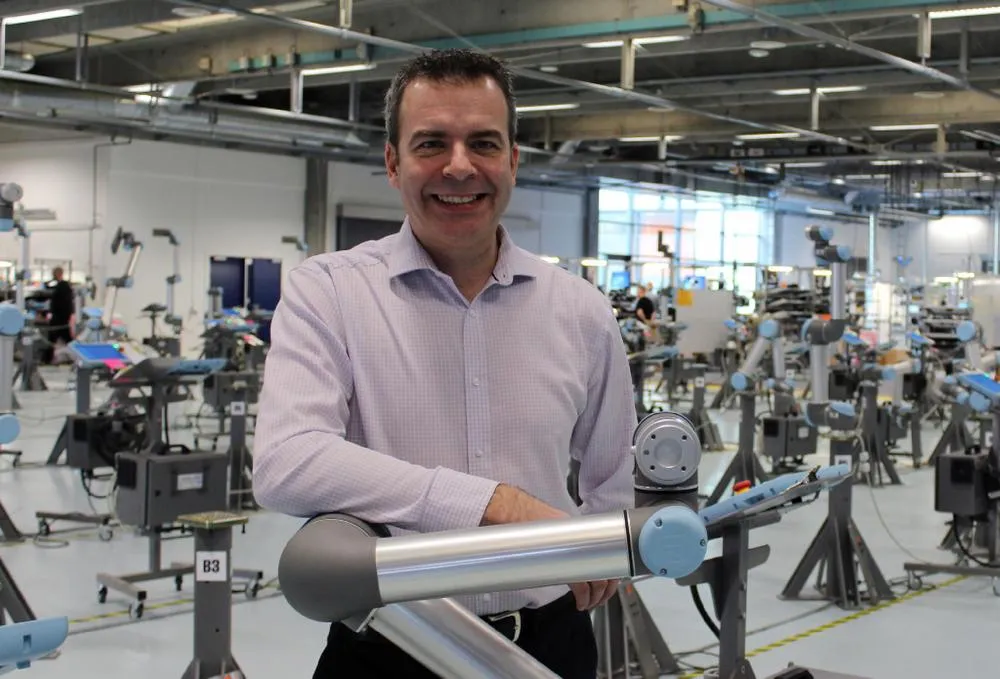The future of work: will the younger generation be prepared?

All over the UK, A-level and GCSE students are receiving their much-anticipated results this fortnight. Their grades will help determine what next steps they take, whether into the worlds of work, training or higher education.
But, as jobs are continually changing, so too should education. There have been some steps in the right direction, with the introduction of T-levels which are being gradually rolled out, but these changes need to keep up with the rapid changes in the job landscape.
In the UK, tech roles now account for 14% of all job opportunities, up from 11% in 2019. And, as our society continues to digitally transform, the need for automation and robots is only increasing. In fact, the International Federation of Robotics estimates that robots will be used by over 50% of production operators in a decade’s time. So how can educators, policymakers and business leaders work together to prepare the younger generations today for the jobs of tomorrow?
Planning for Industry 4.0
Technological changes even over the last 20 years have brought incredible changes to industrial workplaces. Take for example collaborative robots, or “cobots”, which work alongside people doing tasks that would have previously left people speechless. Technology like this will is being deployed by more businesses every day from large factories to small family businesses. To get the most out of these developments, it makes sense to ensure that the future workforce is trained in a whole host of new digital skills.
Providing students with direct access to cobots in the classroom is a good place to start. This type of interaction encourages practical training and helps students solve real-world problems in the works of cobot programming. Partnerships between schools and businesses can help ensure that education is up to date and relevant to tackle the real world challenges of today’s industry.
Tackling the skills shortage at a grassroots level
Automation’s integral role in our future means that technological skills will be crucial for understanding the needs of businesses, and our society.
The only way to educate young people for jobs of the future is to be flexible and adapt education and training continuously. It’s time for the government, businesses and educators to be more flexible too. There needs to be a variety of routes for school leavers to access the skills they need to succeed in digital roles further down the line.
Certainly, engineering and technology university degrees are becoming more and more popular in the UK, which is good to see. But if industries want to tackle the UK’s digital skills crisis head on, there’s still work to be done by engaging with secondary school leavers who aren’t planning on attending university, to demonstrate the wider routes into the technology industry.
This means improving visibility and awareness at a grassroots level when it comes to the potential of working in jobs that involve robots. On the job training is more readily available now through robotics companies but we could do more to make this accessible to people before they enter the job market.
Opening up the technology industry for all
To ensure students of all ages and backgrounds have access to the necessarily learning resources, the government must provide free resources to all schools. These resources are crucial for educators to provide sufficient digital education. Not only will this equip the students with the required skills for the future, but it will also place the country at a competitive advantage and will benefit the economy.
What’s clear is that workplaces are changing quickly, and this is a reality that we must not ignore. Whichever route UK school leavers decide to go down this year, the world they’ll be entering will continue to be increasingly impacted by technology and automation – and they need to be ready.
By Mark Gray, Country Manager UK & Ireland at Universal Robots











Responses